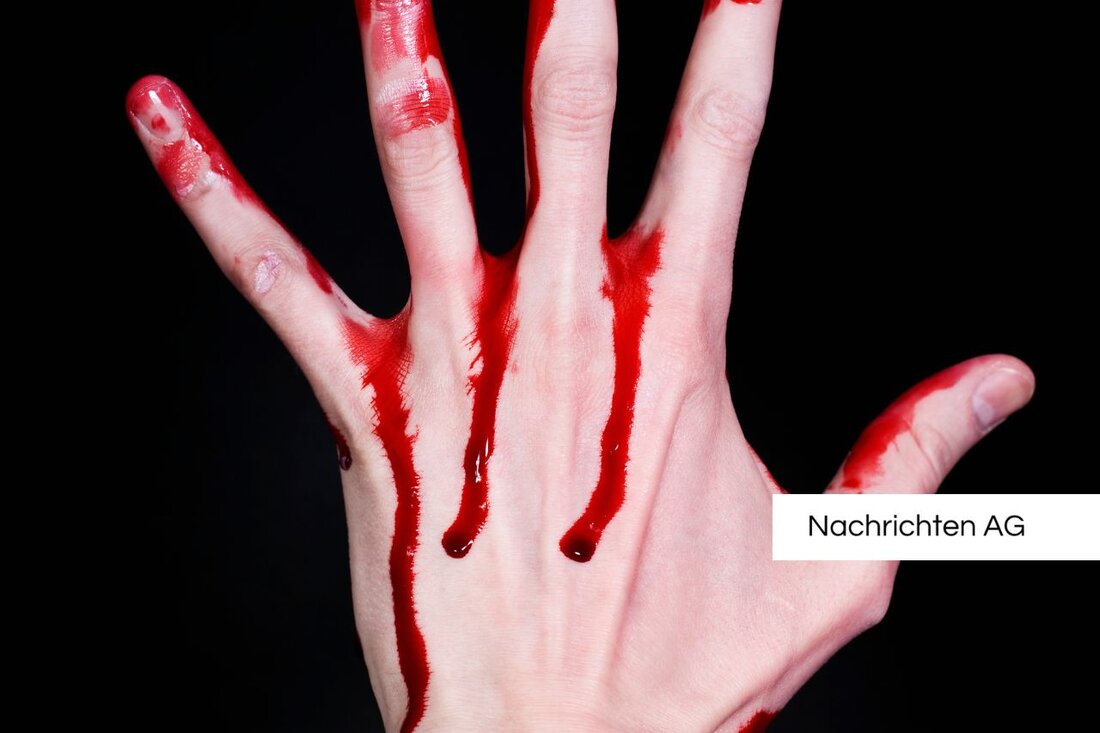Mastering menstruation sustainably: How to find the right product!
Mastering menstruation sustainably: How to find the right product!
Choosing the right menstrual product is a personal decision for many women and girls, which is strongly shaped by individual needs. BNN reports that there are numerous options these days that go beyond traditional disposable items such as tampons and binding, including sustainable and reusable products.
The best known environmentally friendly alternatives are menstrual cups that can be collected and later rinsed out in the sink. These cups are usually made of silicone and are designed in such a way that they can be worn for up to 12 hours. Regular care is important to keep the cup hygienic and boiling is recommended. nabu also emphasizes that conventional period products can often produce a lot of garbage and contain questionable ingredients.
The rise of sustainable products
More and more women opt for reusable products on behalf of sustainability. These range from menstruation cups to washable tying to period underwear. The latter looks like normal underwear, but has a special membrane system that absorbs as much blood as six tampons. This product can also be washed at 40 degrees, but requires several pants for a complete change. Another emerging concept is "Free Bleeding" that relies on the avoidance of period products.
like DW , the use of menstruation cups has increased in recent years. For example, Sugandhi Gadadhar, who documented wildlife in India, has chosen problems with the disposal of hygiene products for almost a decade and therefore for the menstrual cup. It is estimated that women use between 5000 and 15,000 menstrual items in the course of their lives, which often end as plastic waste.
The challenges and opportunities
Despite the growing popularity of sustainable products, the topic of menstruation is still a social taboo subject. The enlightenment and horror about menstruations are therefore of great importance. nabu emphasizes that there is currently no labeling obligation for periodic products in the EU.
- Bio-by-way products : consist of more environmentally friendly material and are bleached chlorine-free.
- menstrual cups : can hold up to ten years.
- period underwear : offers a hygienic and comfortable solution compared to conventional products.
The need to check the environmental impact of choosing our menstrual products is becoming increasingly important. In Europe, for example, around 87% of the taps and tampons land on landfill sponsorships and released chemicals and microplastics into the environment. There is also no access to monthly hygiene articles for around 500 million people in low -income areas worldwide, which reinforces the challenge.
It is clear that an informed and self -determined choice of menstrual products can help women protect not only their own health but also the environment. The search for individual solutions is supported by the wide range of available products, but the responsibility for clarification remains central.
| Details | |
|---|---|
| Ort | Indien |
| Quellen | |


Kommentare (0)